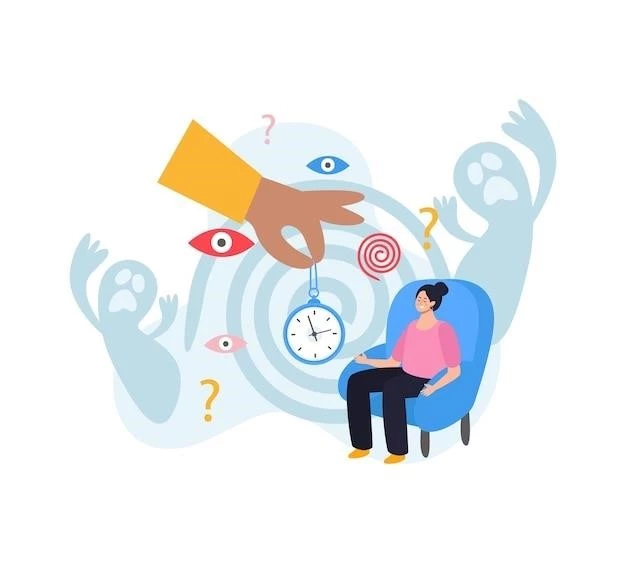Symptoms of Avoidant Personality Disorder
Individuals may experience extreme sensitivity to rejection, feelings of inadequacy, reluctance to engage in new activities, and low self-esteem.
Key Symptoms
Key symptoms of avoidant personality disorder include avoiding occupational activities that involve significant interpersonal contact, being inhibited in new social situations due to feelings of inadequacy, preoccupation with being criticized or rejected in social situations, reluctance to take risks or engage in activities that may result in embarrassment.
Causes of Avoidant Personality Disorder
Causes may include genetic predisposition, childhood experiences of neglect or rejection, and a combination of environmental and biological factors.
Possible Causes
Possible causes of Avoidant Personality Disorder include a combination of genetic and environmental factors, such as a history of childhood emotional neglect, parental rejection, or social isolation leading to the development of extreme shyness and avoidance behaviors in adulthood.
Treatment options for Avoidant Personality Disorder
Treatment may involve therapy, such as cognitive-behavioral therapy, group therapy, and medication to address symptoms and improve coping skills.
Common Treatment Approaches
Common treatment approaches for Avoidant Personality Disorder include psychotherapy to address underlying beliefs and behaviors, exposure therapy to gradually face feared situations, social skills training to improve interactions, and medication to manage symptoms of anxiety or depression.
Relationship challenges in Avoidant Personality Disorder
Challenges may include difficulty forming close relationships, fear of rejection, avoidance of social situations, and feeling inadequate in interactions.
Typical Relationship Issues
Individuals with Avoidant Personality Disorder may struggle with intimacy, have difficulty expressing emotions, fear of criticism, and tend to isolate themselves in relationships, leading to feelings of loneliness and alienation.

Coping strategies for Avoidant Personality Disorder
Engage in relaxation techniques, challenge negative thoughts, gradually face fears, seek support from others, and practice self-compassion.
Effective Coping Mechanisms
Effective coping mechanisms for Avoidant Personality Disorder include practicing mindfulness, setting realistic goals, building a supportive social network, seeking professional help, and participating in activities that promote self-confidence and self-esteem.
